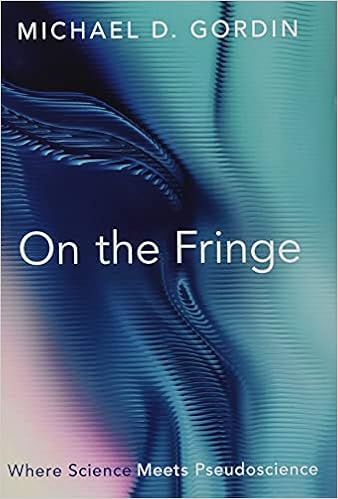
Not easy because it depends on the judgment of “experts”. Here’s an excerpt from Princeton historian Michael D. Gordin’s book, On the Fringe: Where Science Meets Pseudoscience:
First, today’s science is adversarial. The way a scientist makes her reputation is by building on past findings, but if all she does is confirm what everyone already knew, her career stagnates. The pressures in scientific research are to do something new, and that usually means refuting a tenet of contemporary science. (We detect echoes of Karl Popper’s falsificationism.) Credit in science is allocated for priority (being first) and for being more correct than your competi- tors investigating the same questions. There will always be winners and losers. If the losers persist, they can and will get shunted to the fringe.
The second reason is that science is increasingly expensive. There are limited resources to go around, and there are always too many researchers chasing after coveted grants and high-profile publication opportunities. Within a climate of scarcity, adversarial norms necessarily generate both an incentive for winners to defend their gains and resentment from those who lost. Anyone who jeopardizes your research—say, by defending a fringe theory that contradicts it—may be seen as a threat. When nonmainstream doctrines pose a threat (real or imagined) to professional scientists, the term pseudoscience gets bandied about.
Michael D. Gordin, “What belongs in the “gray area” between science and pseudoscience?” at BigThink (December 27, 2021)
And then there is Big Science vs. COVID. Anyone care to discuss?
At which point, the defense rests.